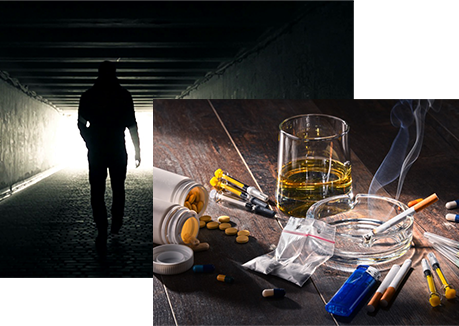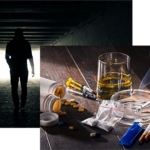Rehabilitation centers are important in helping people recover from their addiction and mental illness problems. Rehabilitation centers go beyond treating patients. They involve families directly, as rehab patients often have a deep impact on their family members. Family members also require support and education. Rehabilitation centers enhance recovery for patients and families with resources and guidance. Let’s talk about the way rehabilitation centers empower families through the process.
The Importance of Family Involvement in Rehabilitation
From the very beginning to the end, family involvement is one key component of rehabilitation. Substance-abuse or mentally ill patients need these two because they need to have a knack for something on most occasions. Family reactions can be overwhelmed, confused, or resentful due to the problem. Rehabilitation centers recognize these struggles and educate families to mold them up for the right kind of support.
Well-educated families can:
- Create a very favorable atmosphere for recovery.
- Know the complex nature of addiction and mental well-being.
- Avoid actions that may trigger relapse.
- Strengthen communication with loved ones.
How Rehab centers involve families in treatment services
1. Family Counseling Sessions
Family counseling at rehab centers covers emotional and relational treatment. Such family counseling sessions help;
- Enable families to understand the very basis for the addiction or the mental health troubles of their loved ones.
- Provide catharsis to possible resentment or guilt over time.
- Teach ways to have effective communication so that trust can begin to be rebuilt.
Counselors enter into a contract with families to present a unified approach toward recovery. Thus making them feel like a team supporting the patient through the recovery process.
2. Educational Workshops
Families must understand clearly addiction or mental health problems. Many rehabilitation facilities organize educational workshops in south Kolkata on:
- Science of addiction and recovery.
- Psychosocial effects of substance consumption.
- The role of triggers and how to manage them.
These workshops demystify addiction, foster empathy, and provide families with recovery tools.
3. Support Systems for Families
The family members of patients in rehabilitation centers feel isolated and ashamed. Support groups offer a safe place for family members to share feelings with others in similar situations. It creates community and understanding, thus eliminating the loneliness effect.
For instance, a drug rehabilitation center in Kolkata collaborates with charities that set up support groups for families. This enables ongoing support for families post-treatment completion.
Educating Families about Long-Term Recovery
1. Recognizing Warning Signs
Cases like rehab centers often teach families how to identify signs of relapse, such as changes in behavior, emotion, and environmental triggers. This foundation allows the family to act early to prevent a fallback.
2. Healthy Boundaries
Many families enable negative behavior by protecting from consequences like promise-breaking or unreasonable demands. Rehab teaches healthy boundaries for family members to care and calls them for accountability rather than punishment.
3. Coping Mechanisms for Families
Taking care of someone in recovery is emotionally exhausting. Many rehabilitation centers train their families for self-care practices, stress management techniques, and coping techniques. A healthy family environment is very critical for a healthy recovery journey.
Specialized Programs for Family Support
1. Multifamily Therapy
Rehab centers have multifamily therapy programs for families to share experiences and learn together. This group dynamic often reveals common patterns and solutions. Thereby deepening the understanding of the recovery process.
2. Aftercare Programs
Recovery continues with family check-ins, workshops, and counseling services. Such programs arm families to continue supporting their loved ones.
Support and Education for Families
By joining the rehabilitation institutes, families often gain tremendously, such as:
- Improved Communication: Arguments and misunderstandings are replaced by open and honest dialogue.
- Emotional Healing: Counseling aids in resolving guilt, shame, or anger.
- Stronger Bonds: Joint efforts in recoveries strengthen relations between family members.
- Increased Confidence: Empowered families can navigate daily challenges and effectively support their loved ones.
Family Programs in Kolkata
Most drug rehabilitation centers and rehabilitation centers in South Kolkata promote family participation in their recoveries. Here are some examples of programs they conduct:
- Customized counseling sessions: designed to address specific family dynamics and challenges.
- Workshops on Relapse Prevention: Aimed at advising families on long-term recovery management.
- Ongoing Support Groups: Even after the patient has gone through the program.
These services emphasize the fact that all these components contribute to healing with heads above the water.
Conclusion: A Partnership for Recovery
The process of recovery is very personal and solitary. It must involve families. Through educating and counselling families, rehabilitation centers establish a highly supportive network for every individual in the recovery journey. They swiftly unite families with patients in fostering a healing environment.
Check the rehabilitation center in Kolkata for help with drug problems. These centers are not just dedicated to recovery; they help the family heal, understand, and bounce back. Together, recovery becomes a reality, not just an option.



